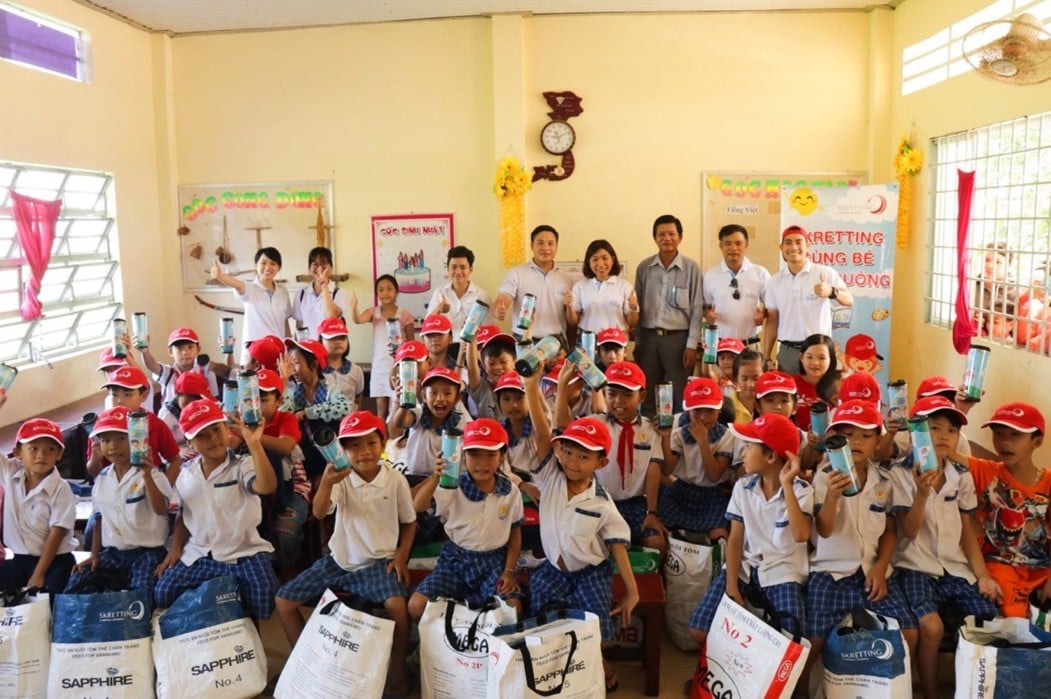The UN Guiding Principles on human rights state that companies may be involved with adverse human rights impacts either through their own activities or as a result of their business relationships. Business relationships include relationships with all entities in our value chain. As part of our corporate responsibility to respect human rights, we are expected to not only avoid causing or contributing to adverse human rights impacts, but to also address human rights impacts that are directly linked to our products or services through business relationships, even if we have not contributed to those impacts.
Adverse human rights impacts can occur at any level of a supply chain – from the first tier of direct or strategic suppliers, all the way down via multiple layers of sub-suppliers and sub-contractors, to those providing the raw material inputs. To meet our responsibility to respect human rights, we are committed to understanding all of the human rights risks at all levels of our supply chain – not only in the first tier.
At Skretting, we give high priority to helping to ensure decent working conditions and also to promote fundamental, universal workers’ rights. Providing decent working conditions is a fundamental goal in itself, but it is also crucial for a socially sustainable world economy. The minimum requirements for workplace rights that are to be respected fall into four main categories: freedom of association and the right to collective bargaining, the abolition of child labour, the elimination of forced or compulsory labour, and the elimination of discrimination. Efforts to combat child labour are especially important for us. Combating forced labour is another priority area.
Skretting has developed a Supplier Code of Conduct that demands our suppliers respect basic human and labour rights in their operations. We also encourage our suppliers to make the same demands of their suppliers. Furthermore, each year, we conduct about 15–20 sustainability audits. The audit checklist incorporates a number of evaluations about human rights issues such as child labour.

